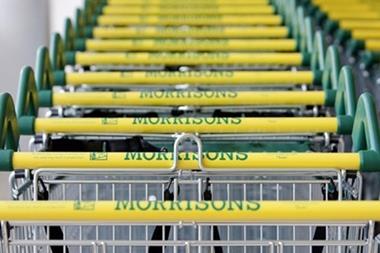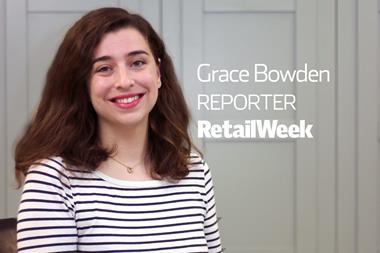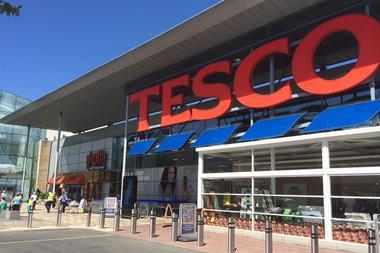Tesco deducted £3.4m from charity donations gathered through the plastic bag tax in order to cover “administrative costs”, government data has revealed.
According to the figures, Tesco sold 637 million 5p carrier bags in the year to March 2017, raising £31.9m in the process.
But the supermarket giant stripped out more than 10% of that total in order to cover the “cost of administering donations”.
Tesco sold more 5p carrier bags than anyone else during the 12-month period, but no other retailer in the top 10, which included Asda, Morrisons, the Co-op, Aldi, Waitrose, Marks & Spencer and Iceland, made administration deductions.
MPs have urged Tesco to follow suit, but Britain’s biggest retailer defended its policy.
A spokesman for the grocer said its Bags of Help scheme is more costly to run because it gives shoppers a choice of where they want charity donations raised through the plastic bag tax to be spent.
The cash it stripped out covered costs including in-store voting booths and bags of help tokens used by customers to choose where they would like their donations to be spent.
The Tesco spokesman said: “Our Bags of Help scheme ensures that customers get a say in how the money they spend on bags is spent in their community.
“Since launching in 2015, our Bags of Help initiative has provided more than £33m to over 6,400 local community projects.
“A small proportion of the money raised is used to run and administer the scheme in partnership with the charity Groundwork, who help distribute the money to good causes.”
The plastic bag tax, which requires all employers with more than 250 staff to charge 5p for each disposable plastic bag, was introduced in England in October 2015.
Proceeds from the tax are typically dished out to charities and community groups, although it is not a legal requirement for retailers to do so.
Last month, Tesco scrapped 5p plastic carrier bags and replaced them with new 10p bags for life, which are made from 94% recycled plastic.
The grocer said the move was designed to “significantly reduce the number of bags sold” and therefore “reduce litter and bags sent to landfill”.
























3 Readers' comments